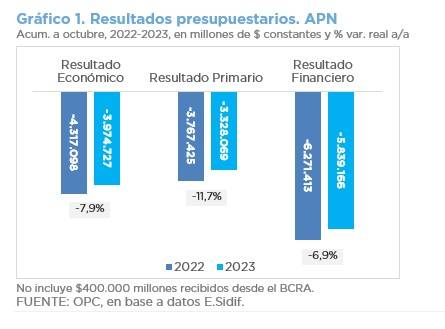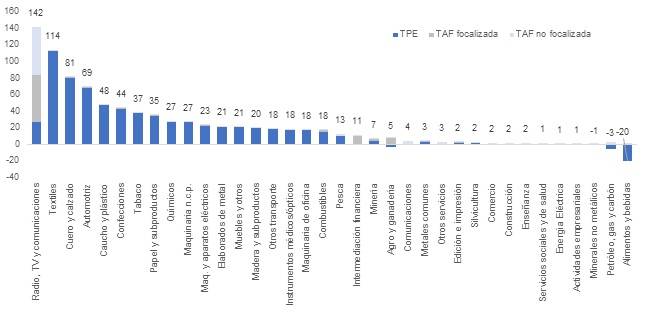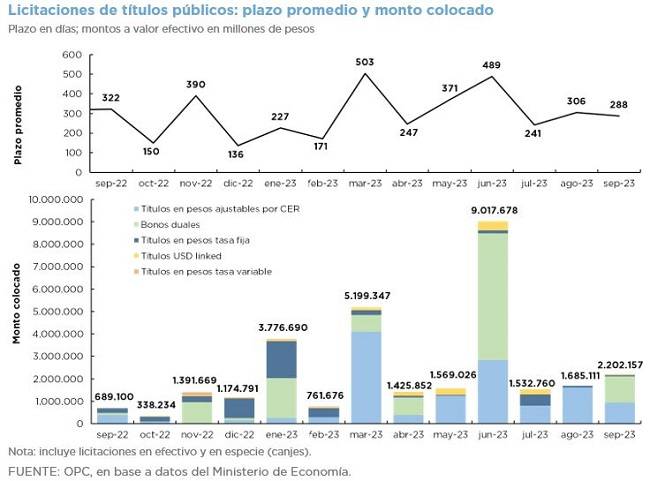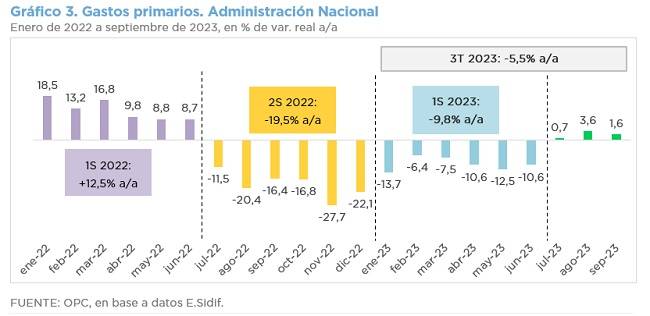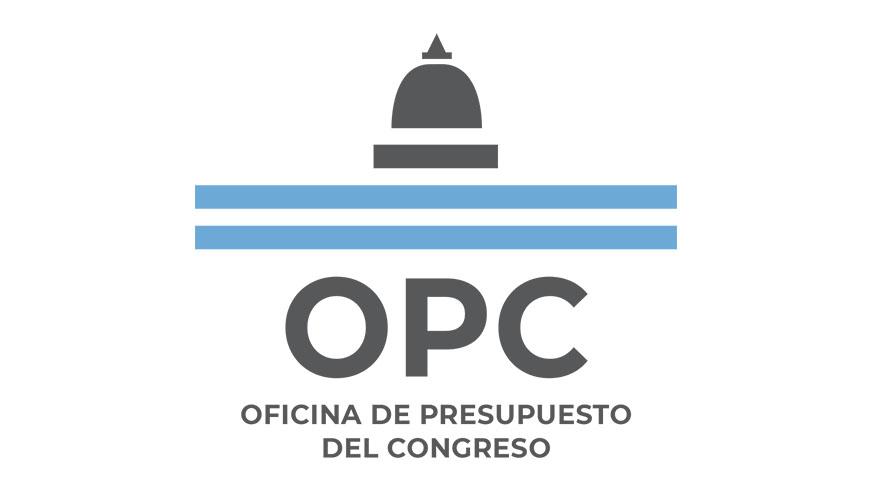
FISCAL IMPACT OF THE MAJORITY AND MINORITY COMMITTEE REPORTS ON BILL 5950-D-2022 – NATIONAL DANCE LAW
The majority committee report implies the creation of the National Dance Institute (INDa) as an autarkic entity within the scope of the Ministry of Culture of the Nation, with an allocation of resources estimated at ARS 2.881 billion in 2024. This amount arises from the reallocation of already existing tax resources and from the increase of 3 percentage points of the tax rate on sweepstakes games and sports contests.
On the other hand, the minority report does not entail any fiscal cost, since it provides for the creation of the National Dance Council within the scope of the Ministry of Culture of the Nation, without granting it autarchy and without enabling the creation of new budget items or the appointment or hiring of personnel.
Both reports agree in recognizing the cultural value of dance and the need for the activity to be promoted by the State.

